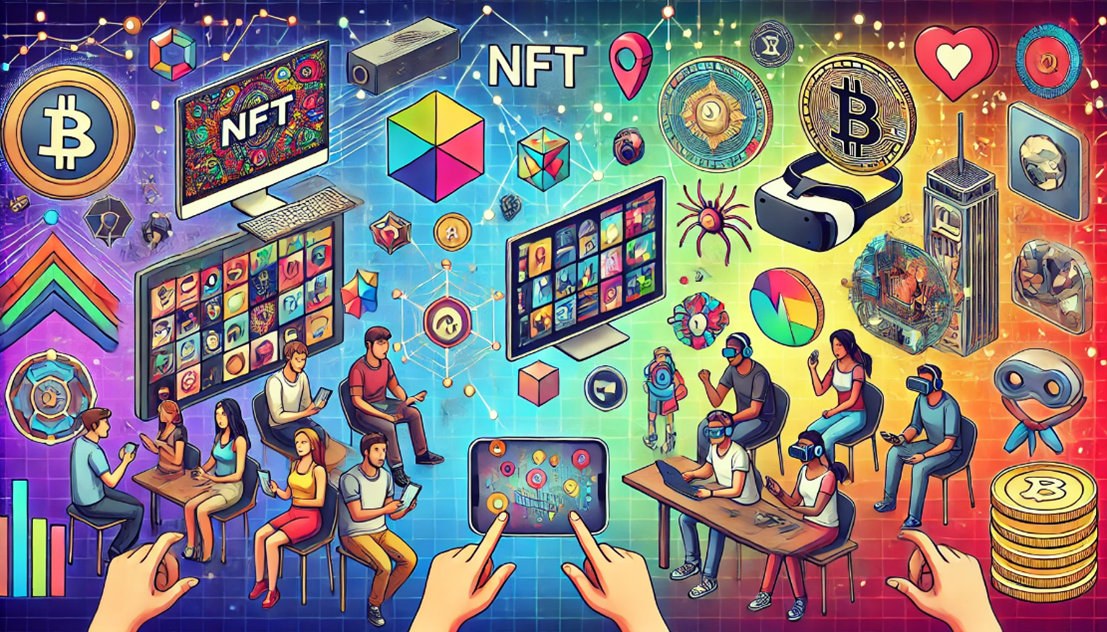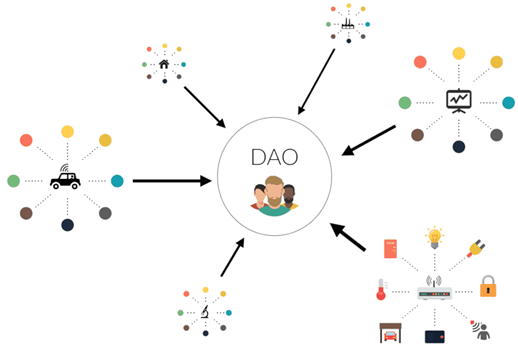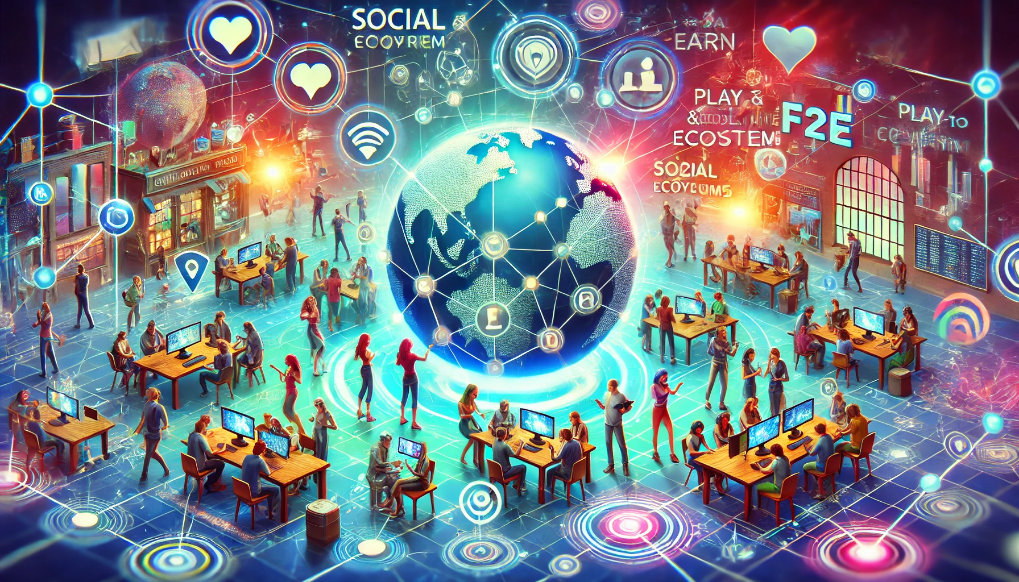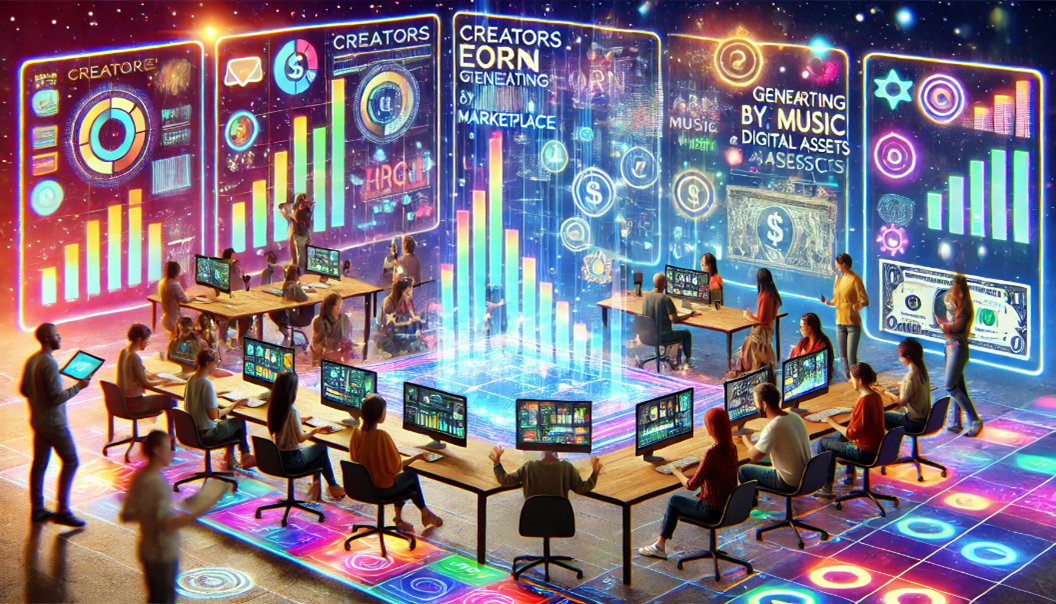Potential long-term effects on game design and monetization

Potential long-term effects on game design and monetization
by Maximilian 03:09pm Jan 13, 2025
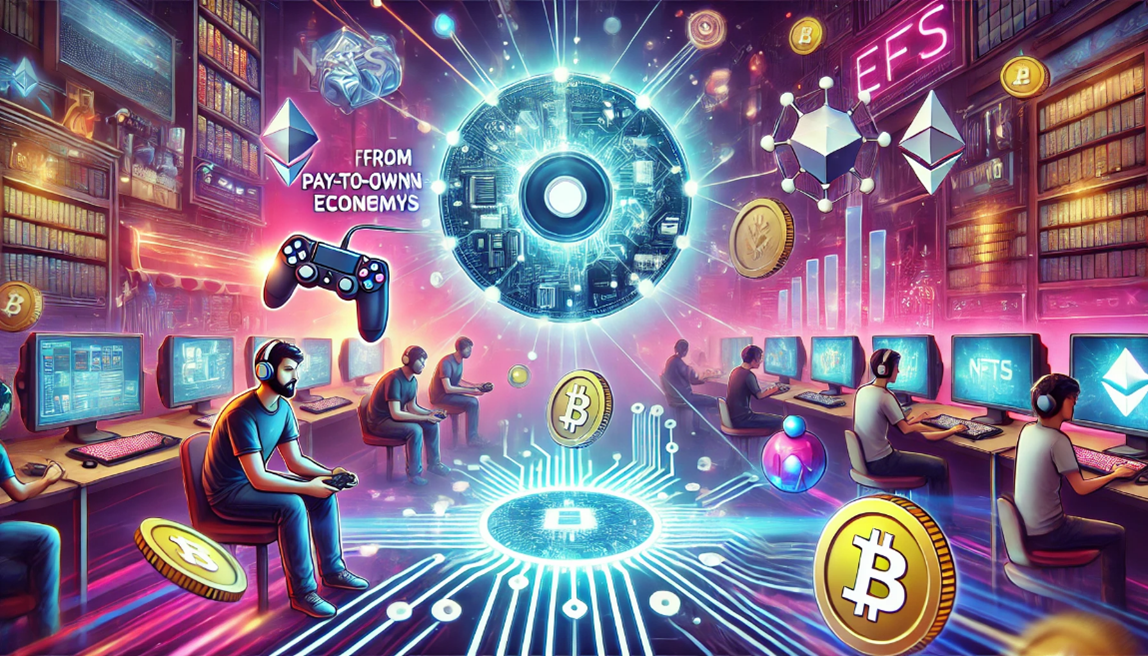
The integration of Play-to-Earn (P2E) models into gaming is set to fundamentally reshape how games are designed, monetized, and experienced. This shift will have far-reaching implications for both developers and players in the long term.
1. Shift from Pay-to-Play to Player-Owned Economies
Decentralized Monetization Models:
Games will increasingly rely on decentralized economies where players own, trade, and monetize in-game assets.Reduction in Traditional Microtransactions:
The sale of consumable in-game items may decline as players prefer tradable NFTs with lasting value.Player-Driven Marketplaces:
Developers may focus on facilitating secure, player-driven marketplaces instead of direct asset sales.

2. Game Design Centered on Economic Incentives
Economy-First Game Design:
Game mechanics will be designed to support sustainable in-game economies, balancing supply and demand for digital assets.Incentivized Gameplay Loops:
Core game loops may be designed to maximize player engagement for economic participation (e.g., asset farming, staking).Risk of Grind-Oriented Design:
Some games may become overly focused on repetitive tasks ("grind") to earn rewards, potentially harming fun and creativity.
3. Blurred Lines Between Gaming and Work
"Play-to-Work" Evolution:
Games could evolve into labor markets where players perform in-game tasks as a form of employment.
Example: Guilds managing players in P2E games could expand, formalizing in-game labor markets.Dual Motivation Players:
Players will engage in games both for entertainment and income, requiring game design that balances fun and profitability.
4. Rise of User-Generated Content (UGC) and Creator Economies
Player-Created Assets and Worlds:
Games will empower players to design, mint, and sell in-game items as NFTs.
Example: The Sandbox enables users to create and monetize virtual experiences.Revenue Sharing Models:
Developers may implement royalty systems where creators earn from secondary sales of their content.

5. Persistent and Interoperable Virtual Worlds
Cross-Platform Asset Use:
Interoperability between games and platforms will enable players to use assets across multiple ecosystems.
Example: Skins, weapons, or avatars could function in different games within the same blockchain network.Longer Game Lifecycles:
Persistent virtual economies could extend the lifespan of games as asset ownership keeps players engaged.
6. New Monetization Models
Dynamic Tokenomics:
Developers will create token economies that balance inflation, rewards, and in-game spending to sustain long-term engagement.Revenue from Secondary Sales:
Studios may earn from transaction fees and royalties on player-to-player NFT trades, creating continuous revenue streams.Subscription and Access NFTs:
Games could offer NFT-based memberships or season passes, combining traditional subscriptions with tradable assets.
7. Community-Driven Development and Governance
DAO Integration:
Players may gain voting rights through token ownership, influencing game updates and governance decisions.Collaborative World-Building:
Developers could release open frameworks, allowing communities to shape in-game content and economies.
8. Economic Inequality and Market Manipulation Risks
Wealth Gaps in Games:
High-cost NFTs and pay-to-win mechanics could create divides between wealthy players ("whales") and casual gamers.Market Speculation:
In-game economies could be vulnerable to market manipulation, speculation, and asset hoarding.Regulatory Pressure:
Monetization strategies involving crypto-assets will attract more regulatory scrutiny, affecting game design choices.

9. Sustainability and Environmental Impact
Eco-Friendly Blockchain Adoption:
Developers will prioritize energy-efficient blockchains (e.g., proof-of-stake) to reduce the environmental impact.Pressure for Ethical Design:
Sustainability concerns may push developers toward more responsible monetization models that align with environmental goals.
10. Expansion of Gaming Demographics
Attracting Non-Gamers:
P2E models appeal to investors, collectors, and entrepreneurs, expanding gaming beyond traditional audiences.Emergence of New Player Roles:
Distinct roles such as asset creators, traders, investors, and full-time players will emerge, diversifying participation.
Potential Challenges
Gameplay Quality vs. Profit Focus:
Overemphasis on earning mechanics could compromise immersive and fun gameplay experiences.Economic Sustainability:
Many P2E economies may struggle to balance player rewards with economic health, risking collapse.Regulatory UncertaintyFuture regulations on digital assets, gambling, and securities could constrain monetization strategies.
Conclusion
P2E models are set to fundamentally reshape game design and monetization by prioritizing player ownership, decentralized economies, and real-world value creation. Developers will need to balance engaging gameplay with sustainable economic systems to avoid pitfalls like economic imbalance, over-commercialization, and regulatory risks.



